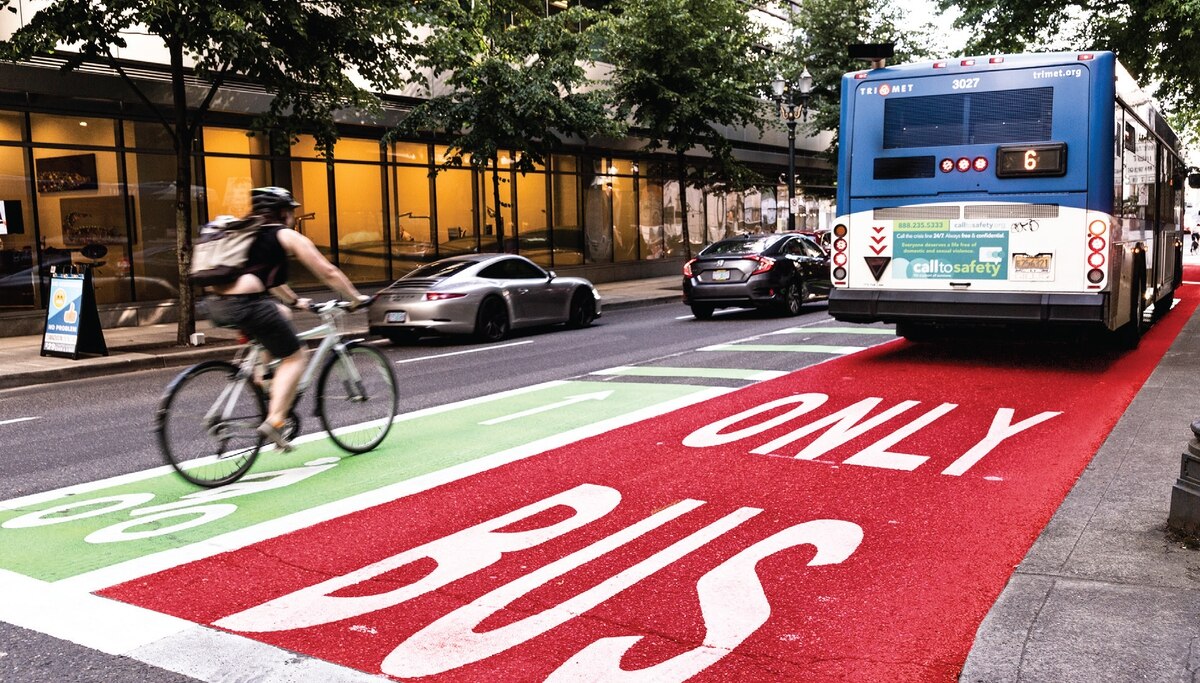President Trump withdrew from the Paris Agreement on June 1st, and since then more than 211 U.S. mayors have pledged to uphold it despite the president’s action. Together the mayors represent more than 54 million Americans and some of the largest U.S. cities.
To these mayors we say: thank you for your leadership. We support you and this strong commitment to reducing emissions at the city level. Keep going.
How should mayors keep going, exactly? The Mayors National Climate Action Agenda has already outlined several suggestions for how cities can achieve these goals, including things like investing in electric cars and clean energy.
We’re here to add that building compact, walkable neighborhoods served by transit is a crucial part of reducing emissions. Using this approach can help cities reach their emissions goals faster. Here’s why and how.





